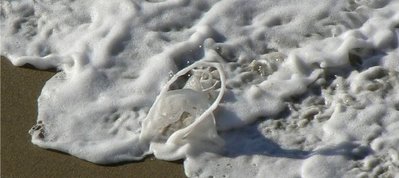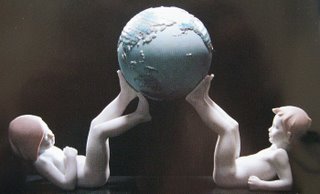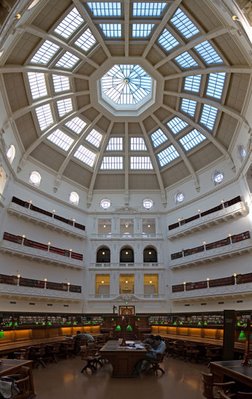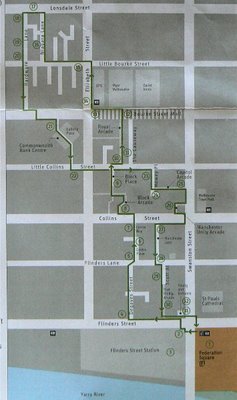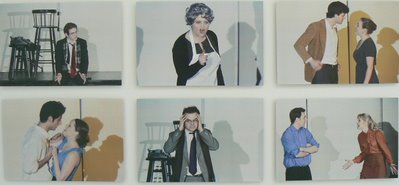Had a lovely reunion yesterday with some old Tokyo friends, both of them moral philosophers. One I have seen pretty much every year, either here or in the US (I've invited him to speak twice). The other I haven't seen since 2000 because of scheduling conflicts - and because two years ago he caught
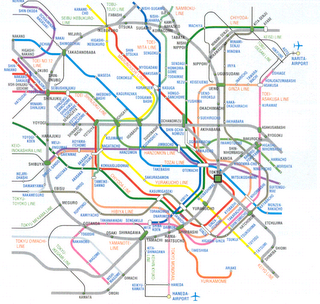
a virus while traveling and spent over two weeks in a coma, and several more unable to speak. Nobody expected him to recover, but as I was delighted to confirm, recover he has!
A scholar of comparative ethics (including religion) he described the ways the world now seems to him very movingly in terms from various traditions. Early in his recovery words seemed only arbitrarily connected to objects, and, he said, medieval nominalism finally made sense to him. Tastes only came back slowly, too, and he understands in a new way ancient Japanese people's sense of gratitude to foods for their tastiness and nourishment. The weeks he spent in a convalescent home made him appreciate the importance of care, and conclude that women are both more attentive and more self-sufficient than men. He worries that young Japanese have lost a sense of themselves as a part of something larger (自分) and not just a disconnected object (自己). (I'm mangling his subtlety here, apologies.) And he's been reading Augustine and finds the idea of creation
ex nihilo (無からの創造) suddenly makes sense to him.
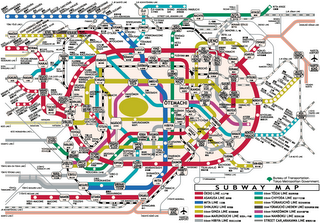
What a joy to see him again, and see him so well. Was it American of me to suggest to him that his rebirth is worth writing down and publishing?
The other friend went through a kind of rebirth last year, too: he turned sixty, which he reminded us is the length of the cycle of Chinese astrology and the five elements (12 x 5). And I'm approaching an even more notional turning point: it was (unbelievably!) twenty years ago that I first came to Japan. Twenty is when one comes of age here; there's even a holiday for it, 成人の日, for which one dresses up in traditional Japanese garb and visits a shrine. I'm not sure whether I ought to go this year or next.
But twenty years...! Much has changed, including the geography of Tokyo - hence the two subway maps above, which describe the same city, but also different cities. The first organizes everything as inside or outside the loop of the Yamanote 山の手 line train, and so Tokyo space was organized until very recently. Then one of the subway companies opened a new loop line, which runs deep deep beneath the surface, and dared to represent it as the true loop. Forgotten neighborhoods suddenly made it onto the map, resonating with the new line's name, Oedo 大江戸, great Edo (the old name for Tokyo). The Oedo circle map exposed for all time the graceless shape of the Yamanote's actual trajectory. (It's the black and white one; the two maps are both in English, should anyone care to try to read them together.) Several of the Yamanote stations, excluded from the new circle, now seem hopelessly peripheral.
Of course when it comes down to it neither the Yamanote nor the Oedo line is anything like a circle, but a fresh-faced 21-year-old turning up for the first time in Tokyo in 2007 would think the Oedo Line the most important boundary.
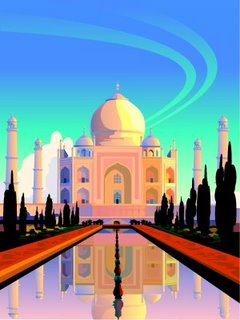 how quickly the summer holidays flew by! As for me, I'm off early tomorrow morning to the great school of religion which is India. Shameful, almost, that I've been in religious studies so long and have never been. Better late than never!
how quickly the summer holidays flew by! As for me, I'm off early tomorrow morning to the great school of religion which is India. Shameful, almost, that I've been in religious studies so long and have never been. Better late than never!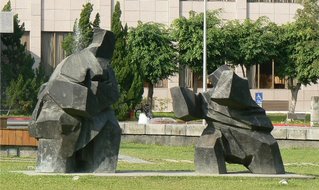








 What a joy to see him again, and see him so well. Was it American of me to suggest to him that his rebirth is worth writing down and publishing?
What a joy to see him again, and see him so well. Was it American of me to suggest to him that his rebirth is worth writing down and publishing?




